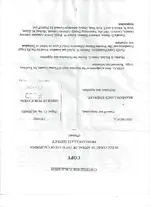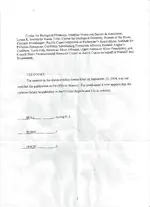timberjack
Full Member
- Joined
- Sep 29, 2013
- Messages
- 203
- Reaction score
- 213
- Golden Thread
- 0
- Location
- New Hampshire
- Primary Interest:
- Prospecting
Chrsbrns please post screenshot origins. Im interested in your argument and want to read further if the information is relavent,,like case law,,,,but dont want to waste time on propoganda....it would be nice to be able to read the entire argument being presented,,not just 1 paragraph......good to see someone that cares about potential freedom loss,,,,,but,,think about how you come across in your posts,,,,,you get more bees with honey and you get more interest with solid facts, an understanding of how our laws work, and presenting a possibel cure to the stated problem.





